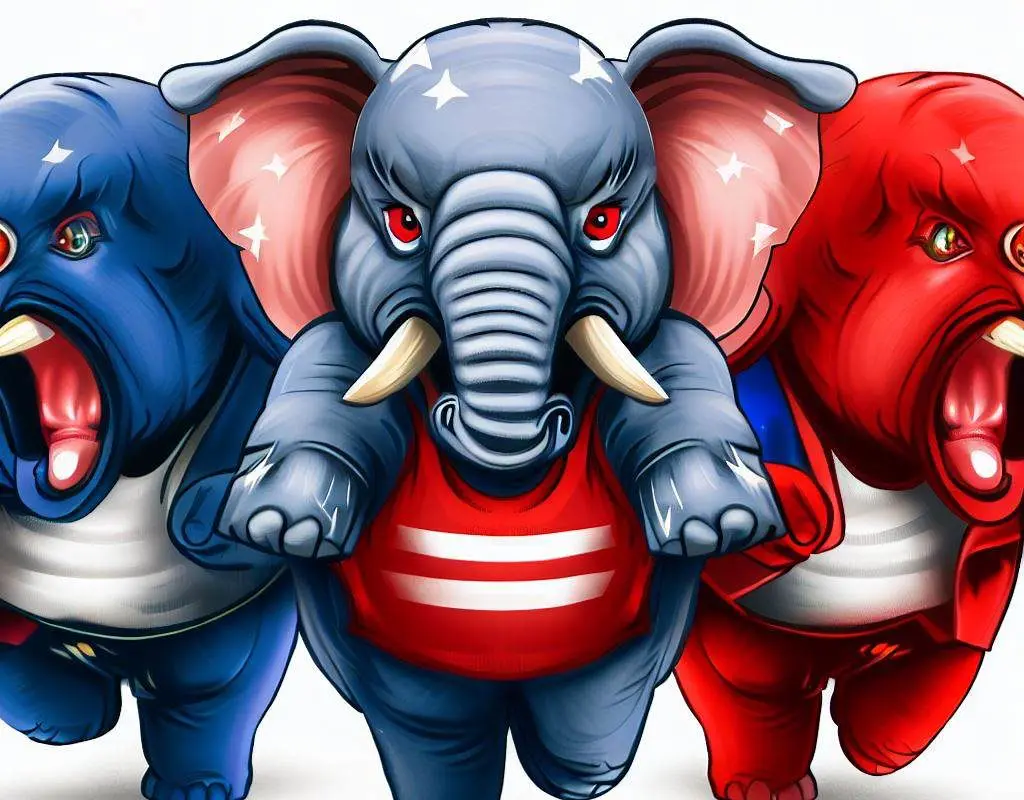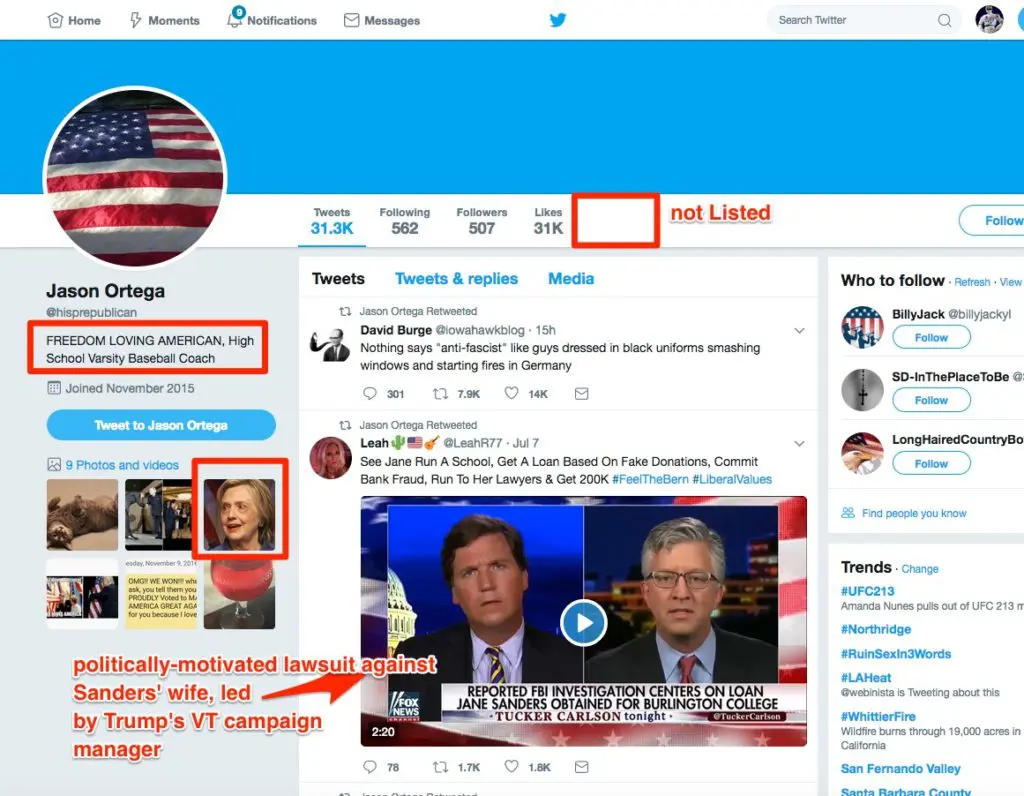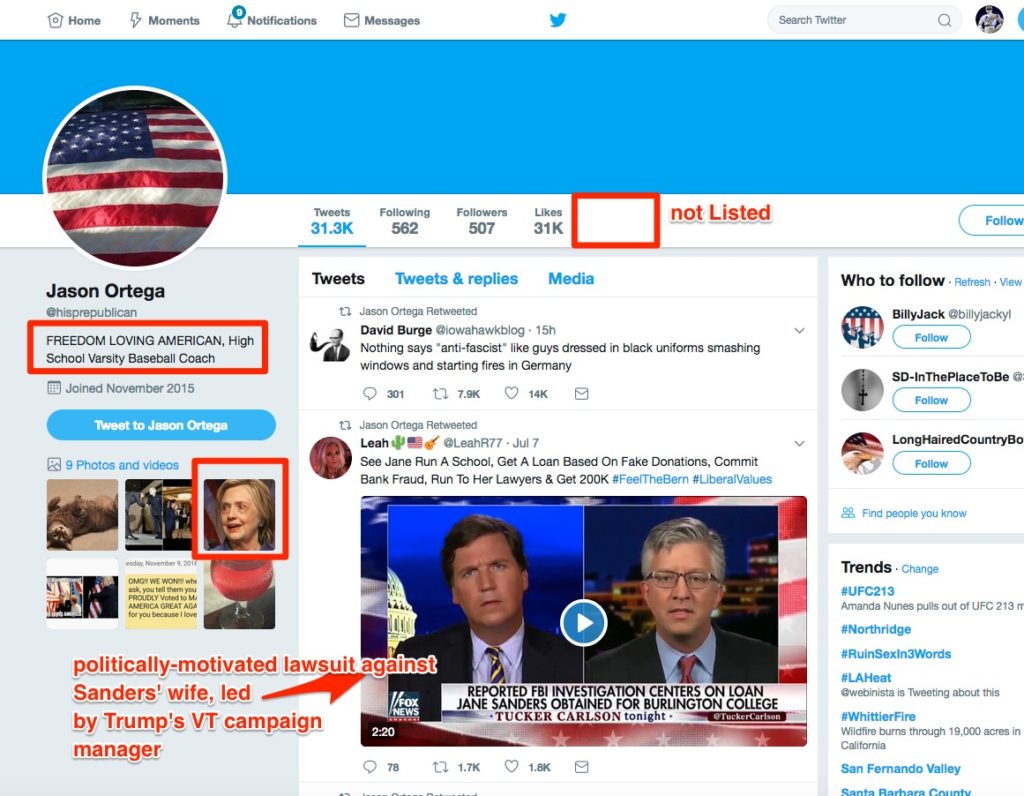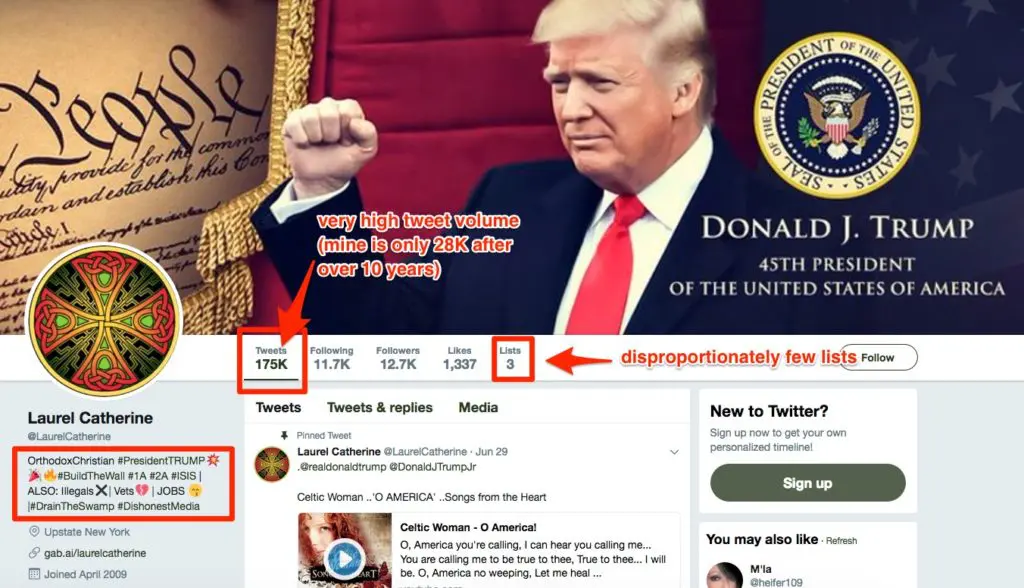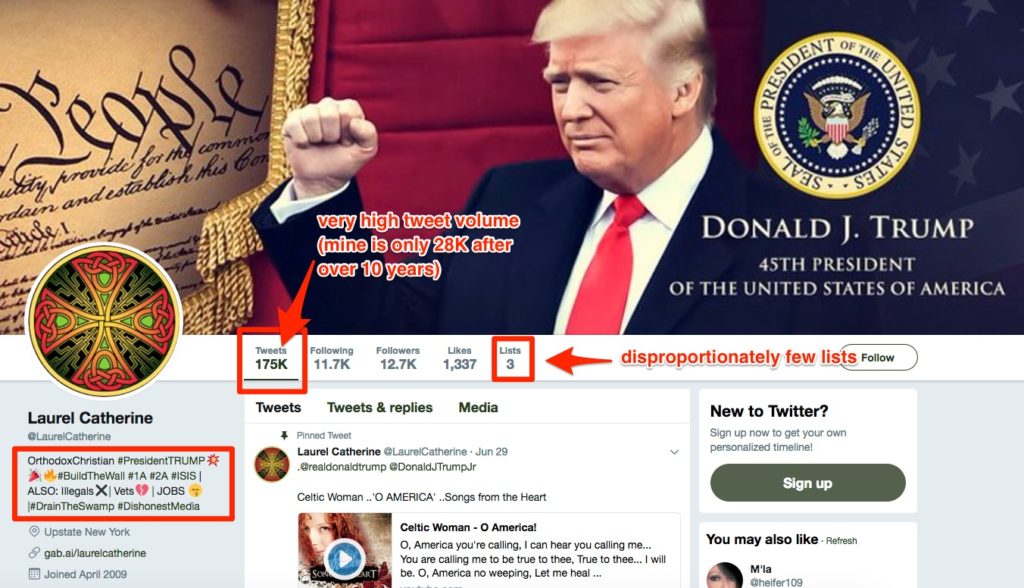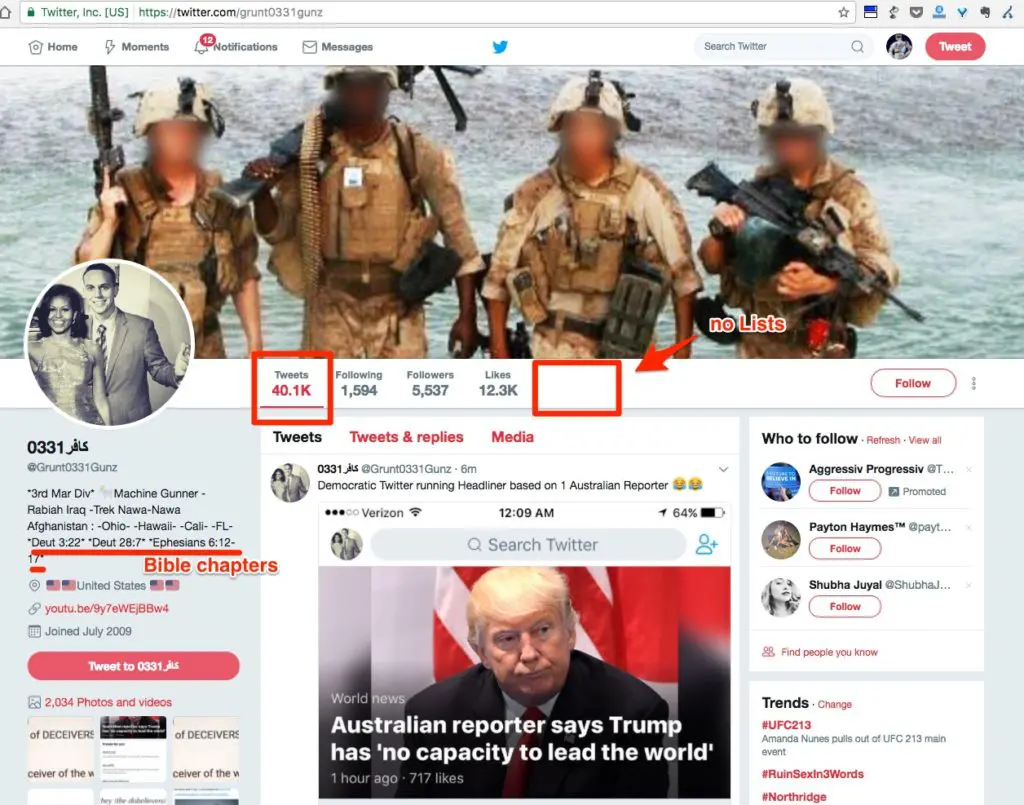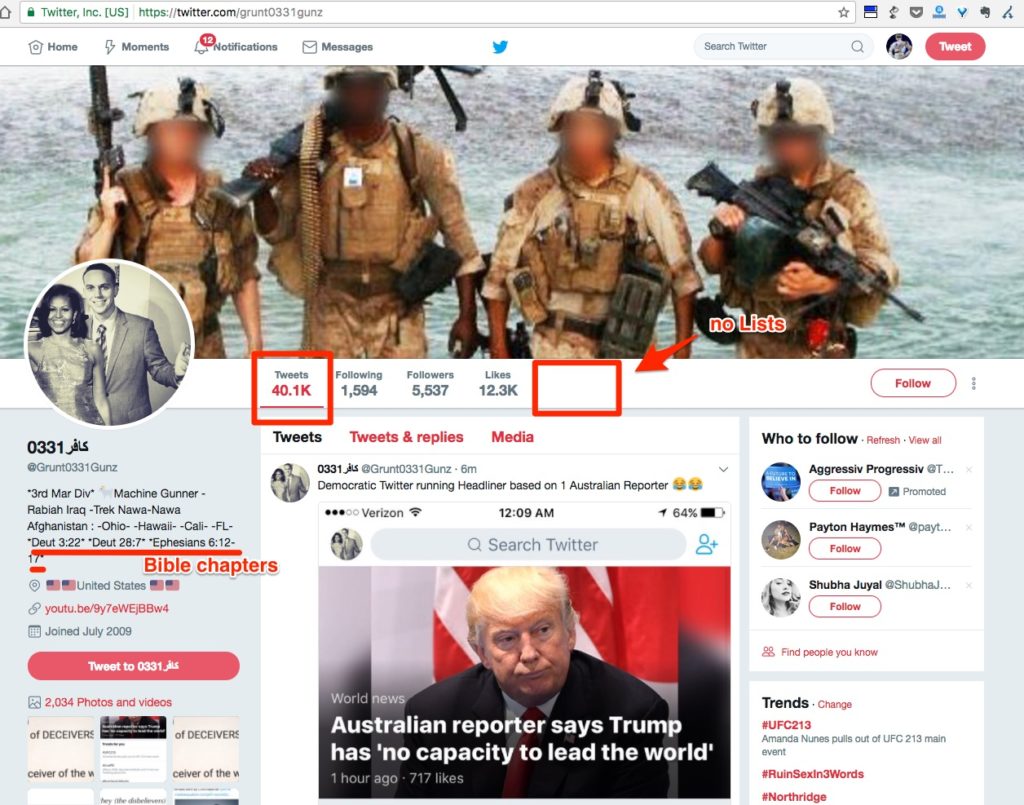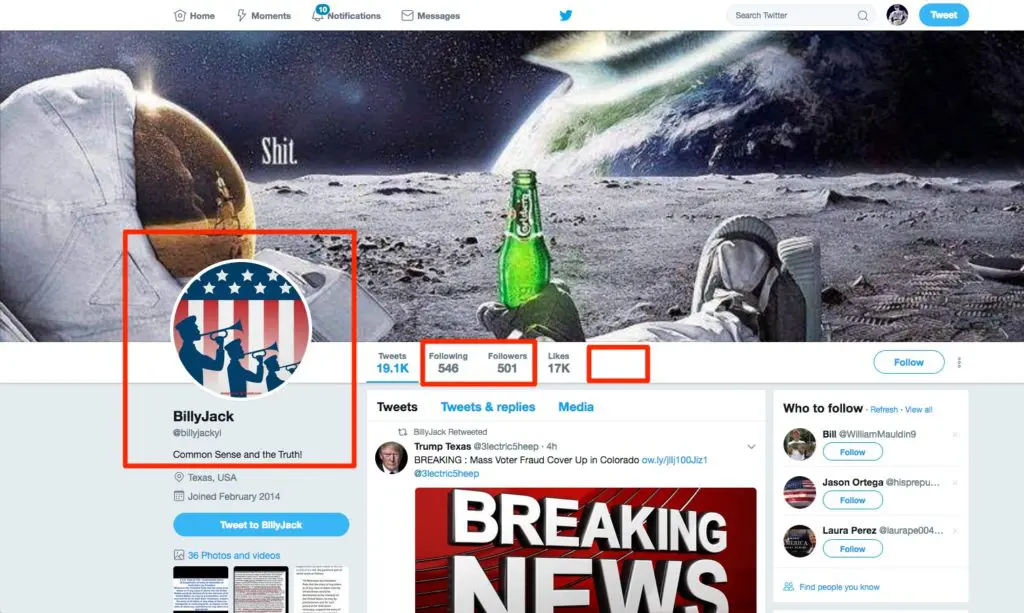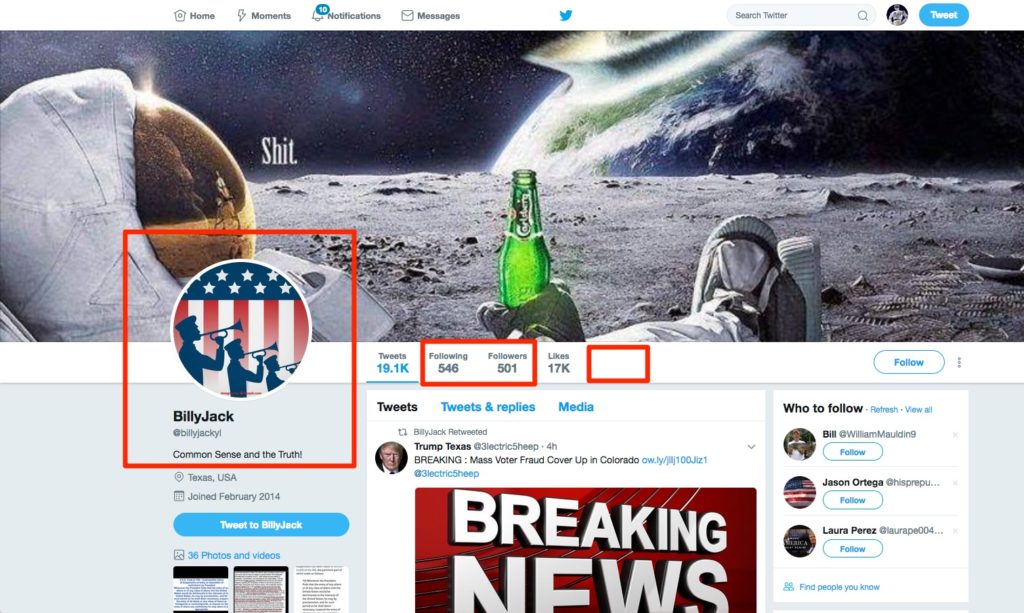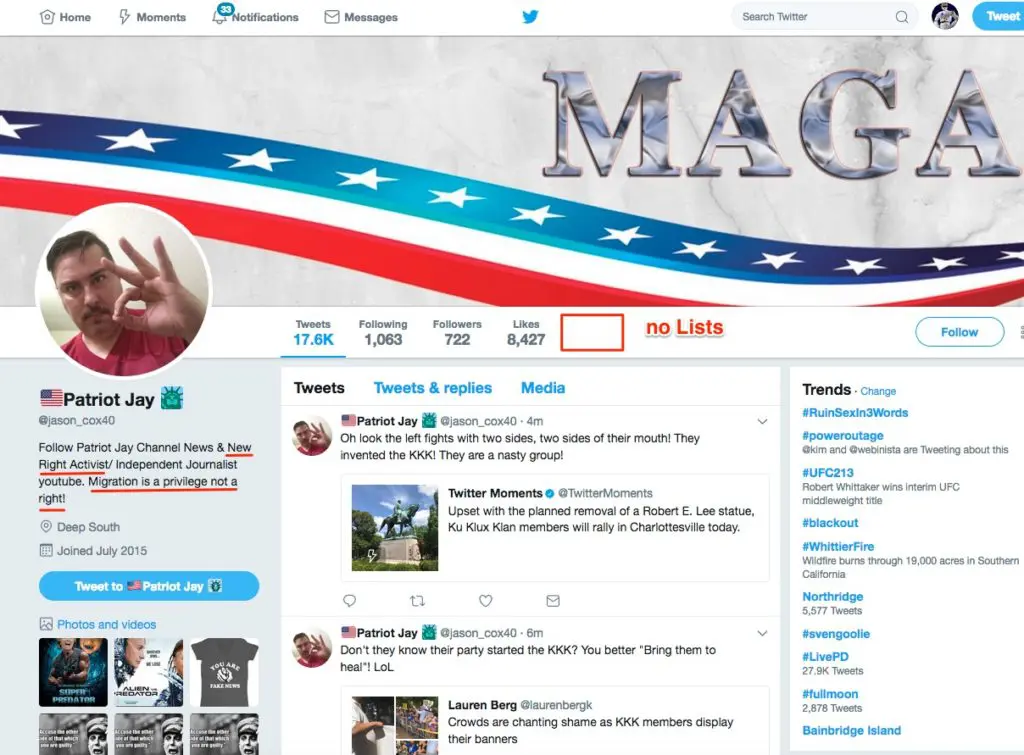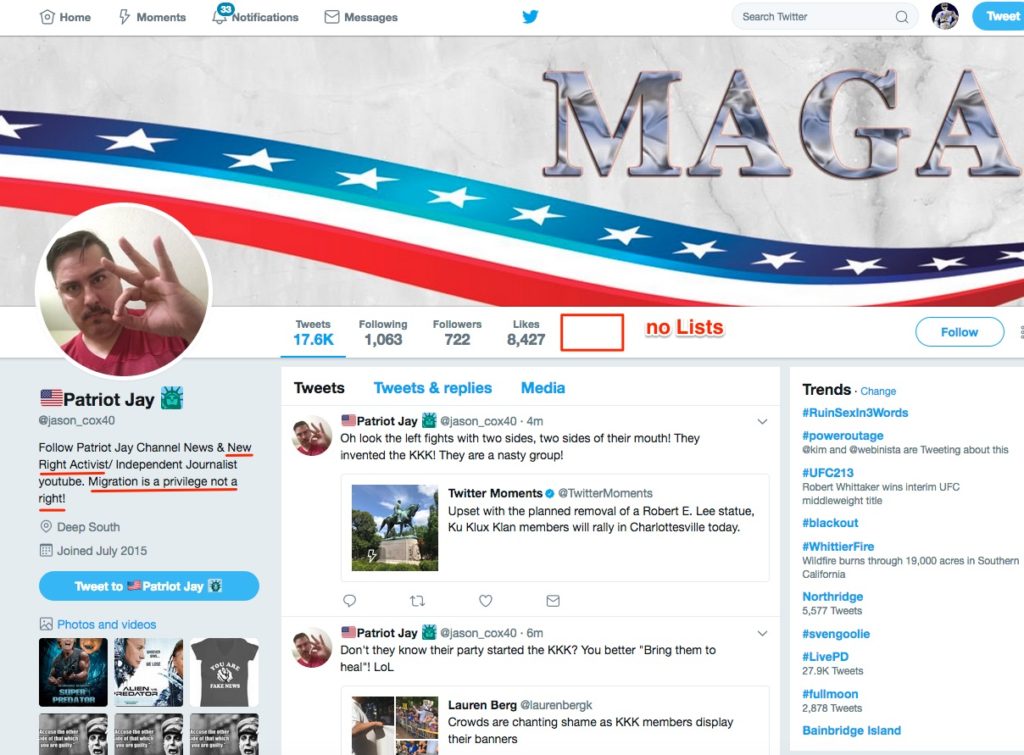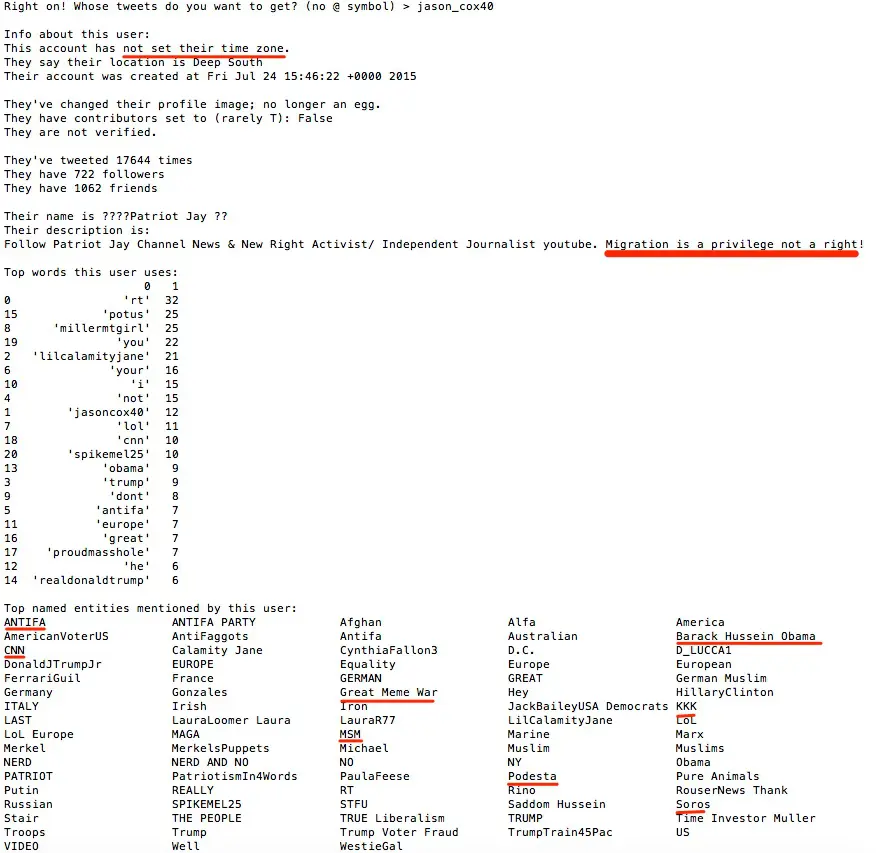Surveillance Capitalism Dictionary
They were inspired by hippies, but Orwell would fear them. The giants of Silicon Valley started out trying to outsmart The Man, and in the process became him. And so, surveillance capitalism got born. Such is the story of corruption since time immemorial.
This surveillance capitalism dictionary of surveillance is a work in progress! Check back for further updates!
| Term | Definition |
|---|---|
| algorithm | A set of instructions that programmers give to computers to run software and make decisions. |
| artificial intelligence (AI) | |
| Bayes' Theorem | |
| bioinformatics | A technical and computational subfield of genetics, concerned with the information and data encoded by our genes and genetic codes. |
| child machine | Alan Turing's concept for developing an "adult brain" by creating a child brain and giving it an education |
| CHINOOK | checkers program that becomes the first time an AI wins an official world championship in a game of skill, in 1994 |
| click-wrap | |
| collateral behavioral data | |
| common carrier | A sort of hybrid public interest served by corporate promise of meeting a high bar of neutrality -- a historical precedent setby the early Bell system monopoly, and an issue of public-private strife today with the advent of the internet. |
| contracts of adhesion | |
| cookies | Small packets of data deposited by the vast majority of websites you visit, that store information in the browser as a way to extract intelligence about their users and visitors. |
| corpus | In Natural Language Processing, a compendium of words used to "train" the AI to understand patterns in new texts. |
| decision trees | |
| Deep Blue | Chess program that beats world chess champion Garry Kasparov in 1997 |
| deep learning | |
| evolutionary algorithms | |
| facial recognition | |
| Flash Crash of 2010 | sudden drop of over $1 trillion in the E-Mini S&P 500 futures contract market via runaway feedback loop within a set of algorithmic traders |
| FLOPS | floating-point operations per second |
| Free Basics | Facebook's plan, via Internet.org, to provide limited free internet services in rural India (and elsewhere in the developing world).Controversy centers on the “limited” nature of the offering, which gives Facebook the power to select or reject individual websites and resources for inclusion. |
| genetic algorithms | |
| GOFAI | "Good Old-Fashioned Artificial Intelligence" |
| HLMI | human-level machine intelligence: defined as being able to carry out most human professions at least as well as a typical human |
| interoperability | |
| Kolmogorov complexity | |
| language translation | |
| linear regression | |
| machine learning | |
| Markov chains | |
| monopoly | |
| NAFTA | |
| natural language processing (NLP) | A technology for processing and analyzing words |
| neofeudalism | |
| net neutrality | Legal and regulatory concept maintaining that Internet Service Providers must act as common carriers, allowing businesses and citizens to interoperate with the physical infrastructure of the communications network equally, without being subject to biased or exclusionary activities on the part of the network. |
| neural networks | |
| netizens | |
| "Online Eraser" law (CA) | |
| patrimonial capitalism | |
| Pegasus | |
| phonemes | |
| predatory lending | |
| predictive analytics | |
| privacy | |
| private eminent domain | |
| probability | |
| prosody | |
| qualia | |
| r > g | Piketty's insight |
| randomness | |
| random walk | |
| recommender systems | |
| recursion | |
| recursive learning | |
| right to be forgotten | When it became EU law in 2014, this groundbreaking legislation gave citizens the power to demand search engines remove pointers to content about them. It was the growing of a data rights movement in Europe that led later to GDPR. |
| SciKit | |
| simulation | |
| smart speakers | |
| speech recognition | |
| spyware | |
| statistical modeling | |
| strong vs. weak AI | "weak AI" refers to algorithms designed to master a specific narrow domain of knowledge or problem-solving, vs. achieving a more general intelligence (strong AI) |
| supermajority | |
| supervised learning | |
| surplus data | |
| TensorFlow | |
| Tianhe-2 | The world's fastest supercomputer, developed in China, until it was surpassed in June 2016 by the also Chinese Sunway TaihuLight |
| Terms of Service | |
| unsupervised learning | |
| Watson | IBM AI that defeats the two all-time greatest human Jeopardy! champions in 2010 |
| WTO | |
| Zuccotti Park |
